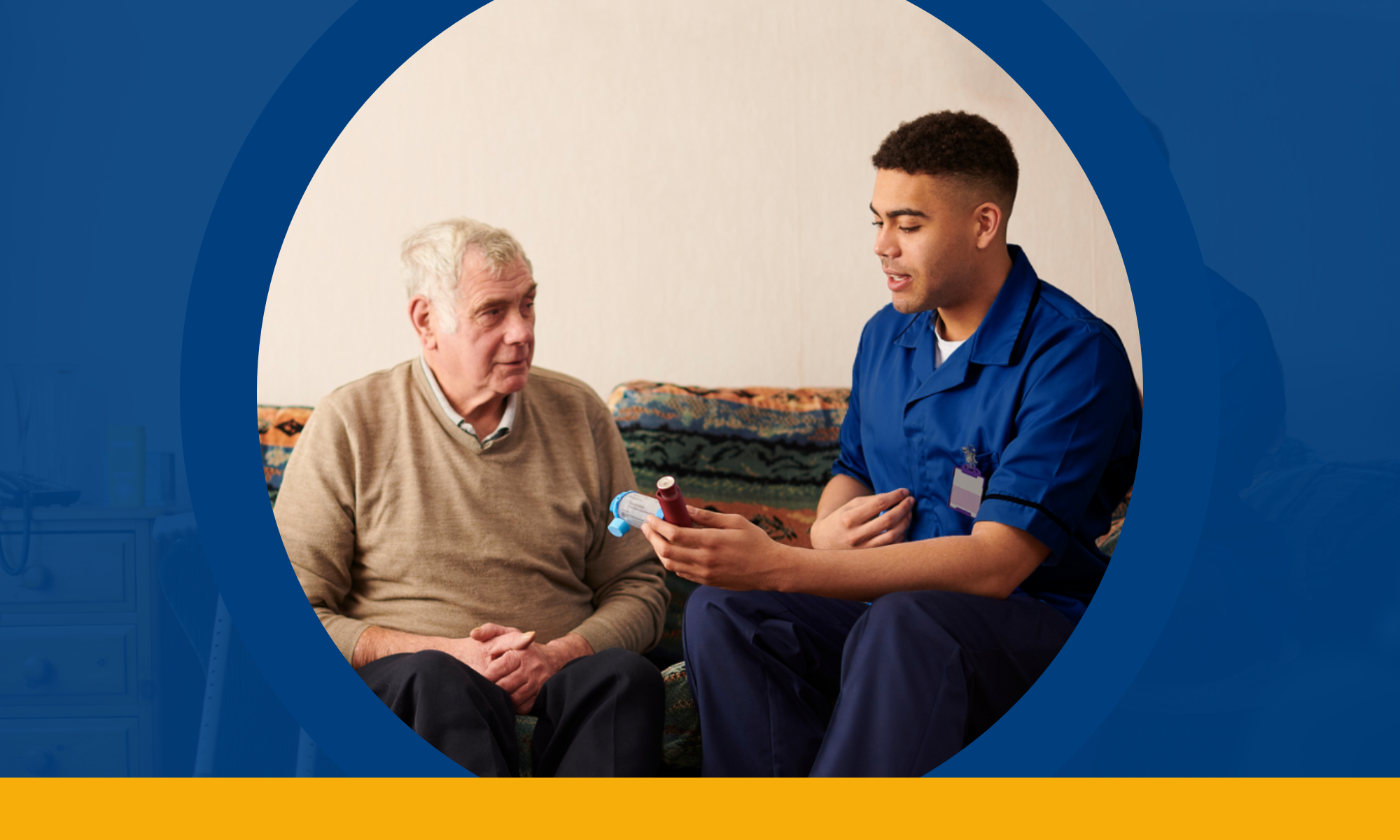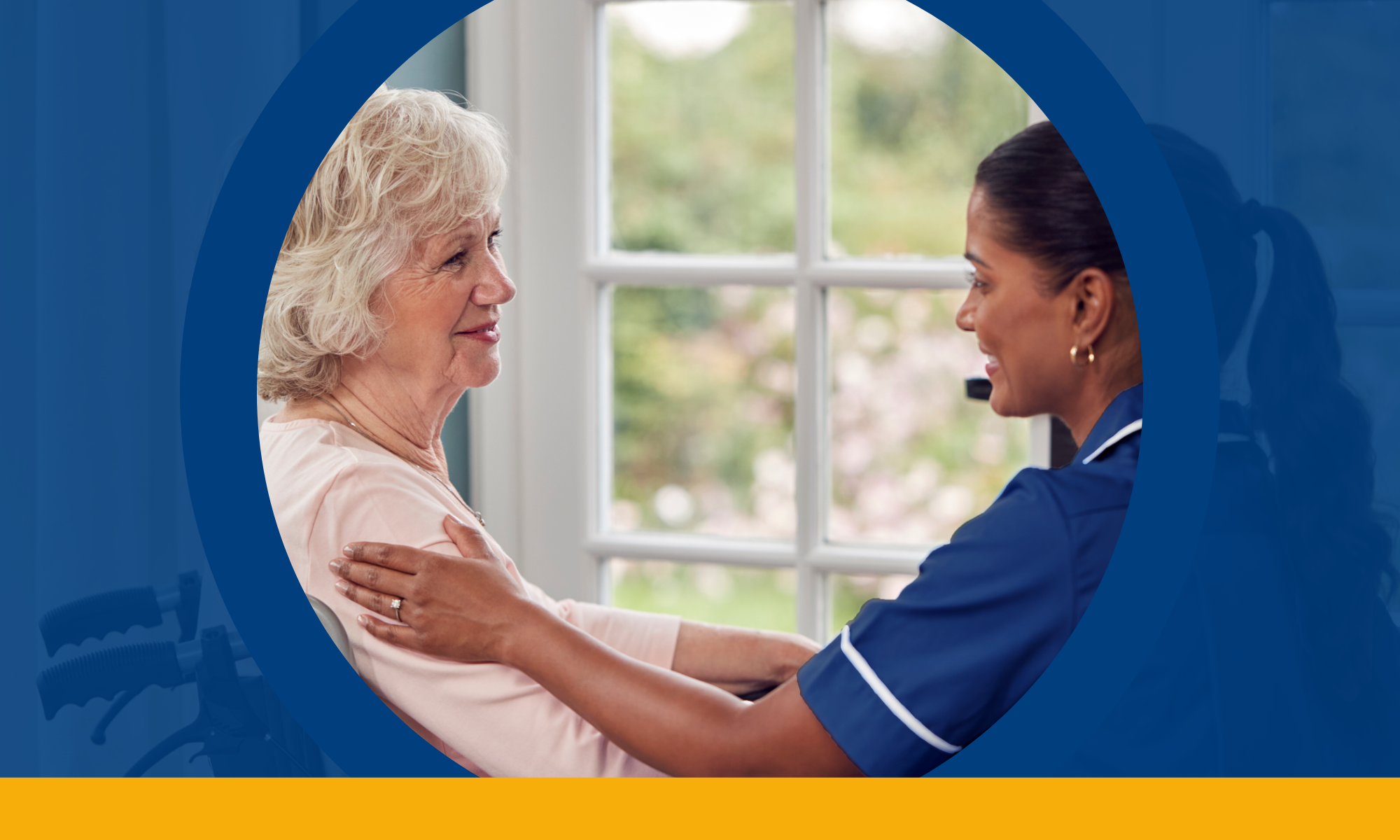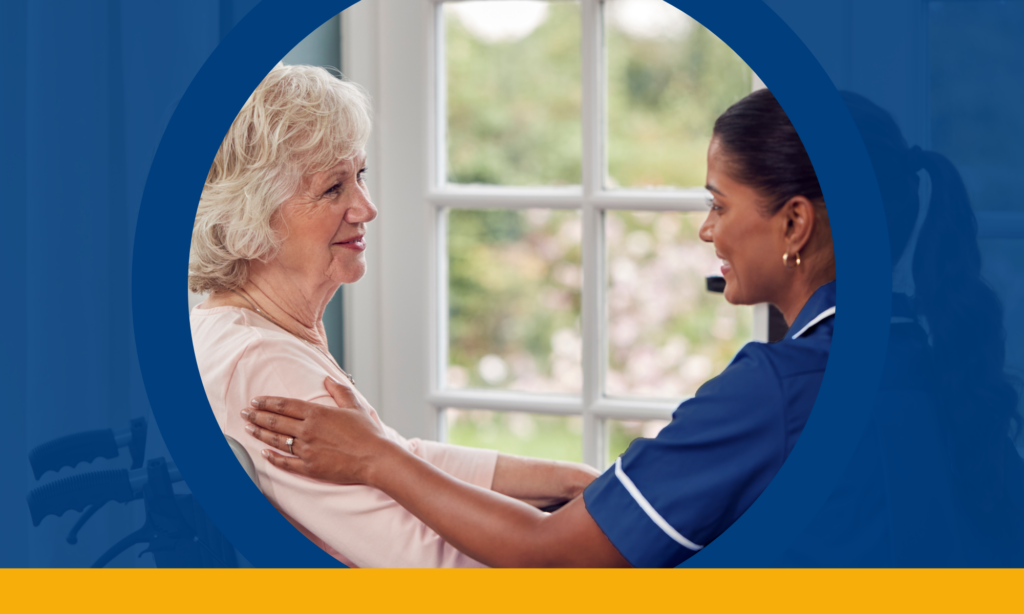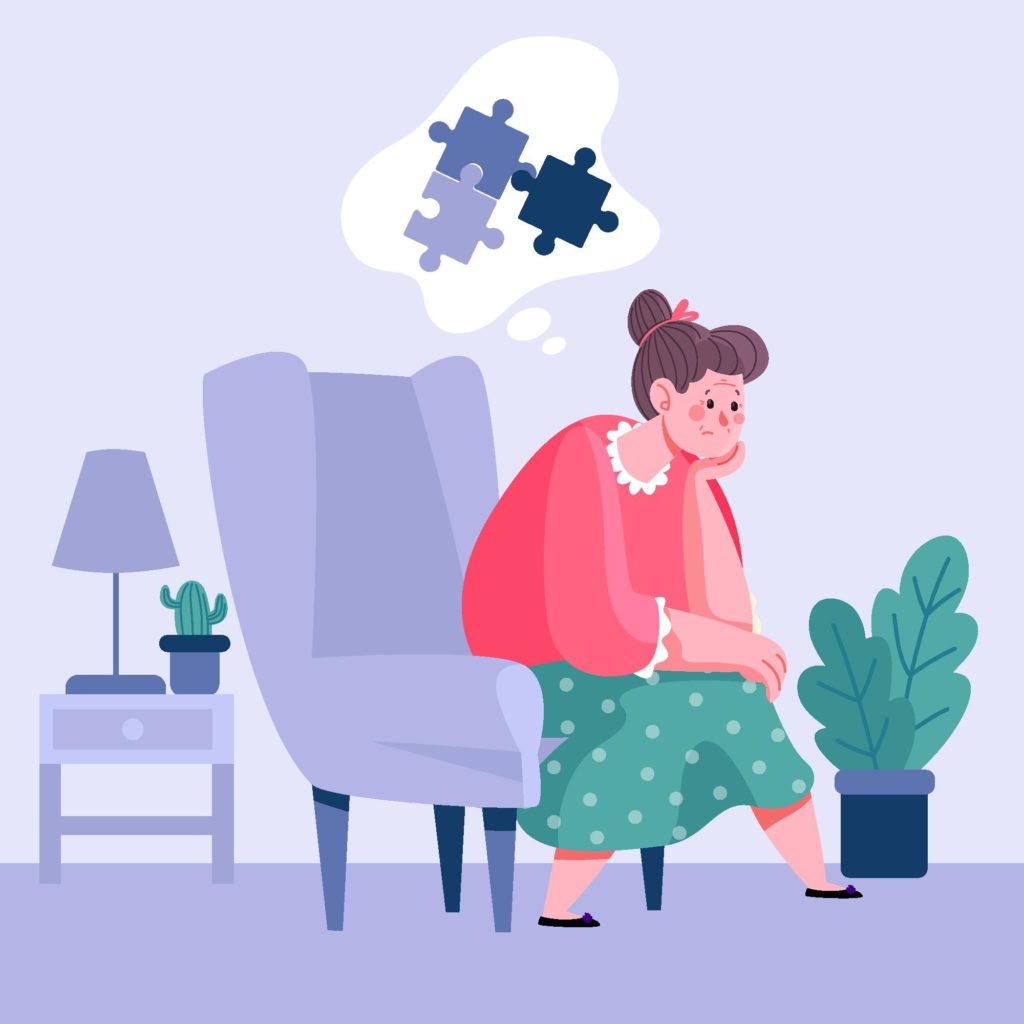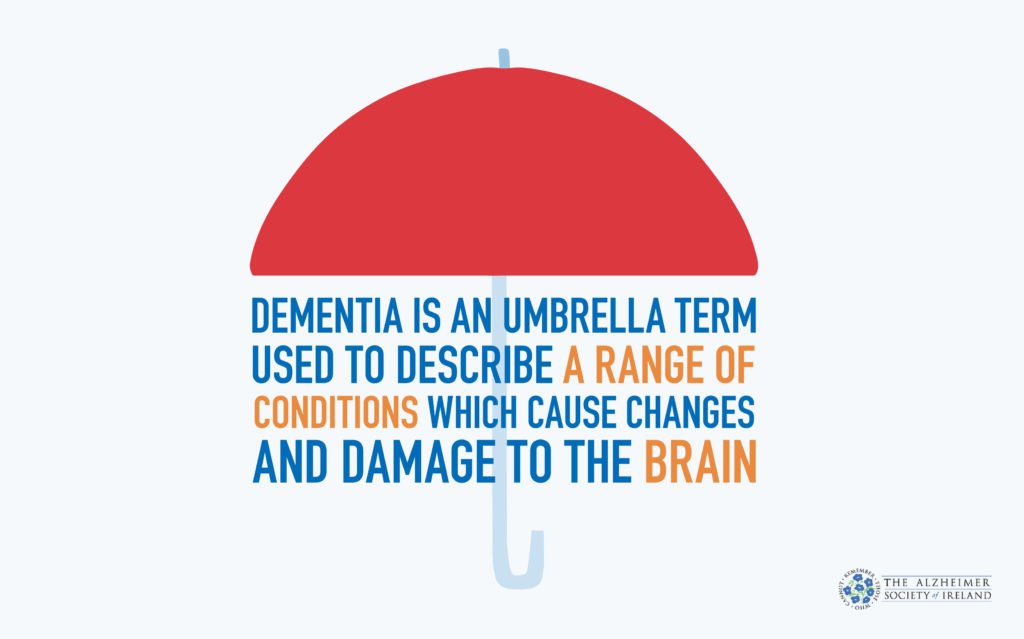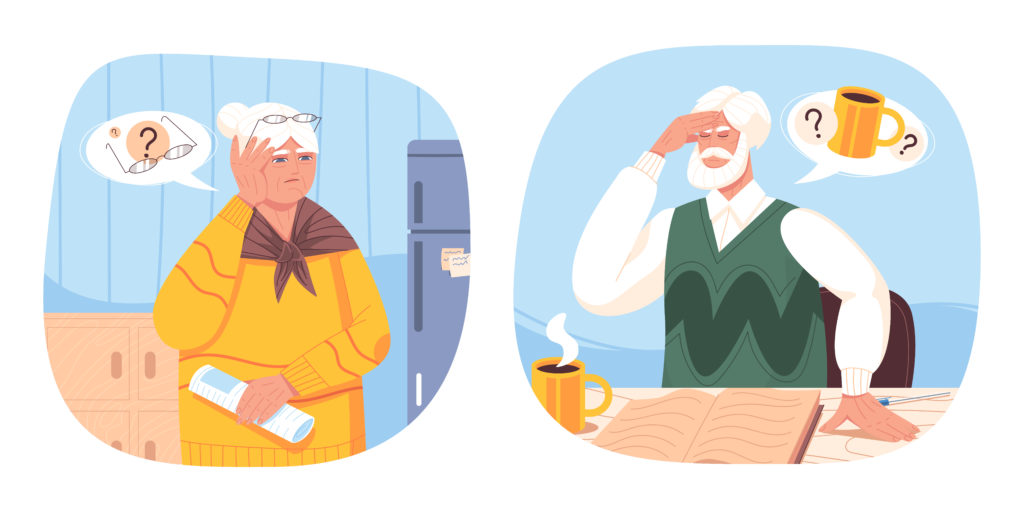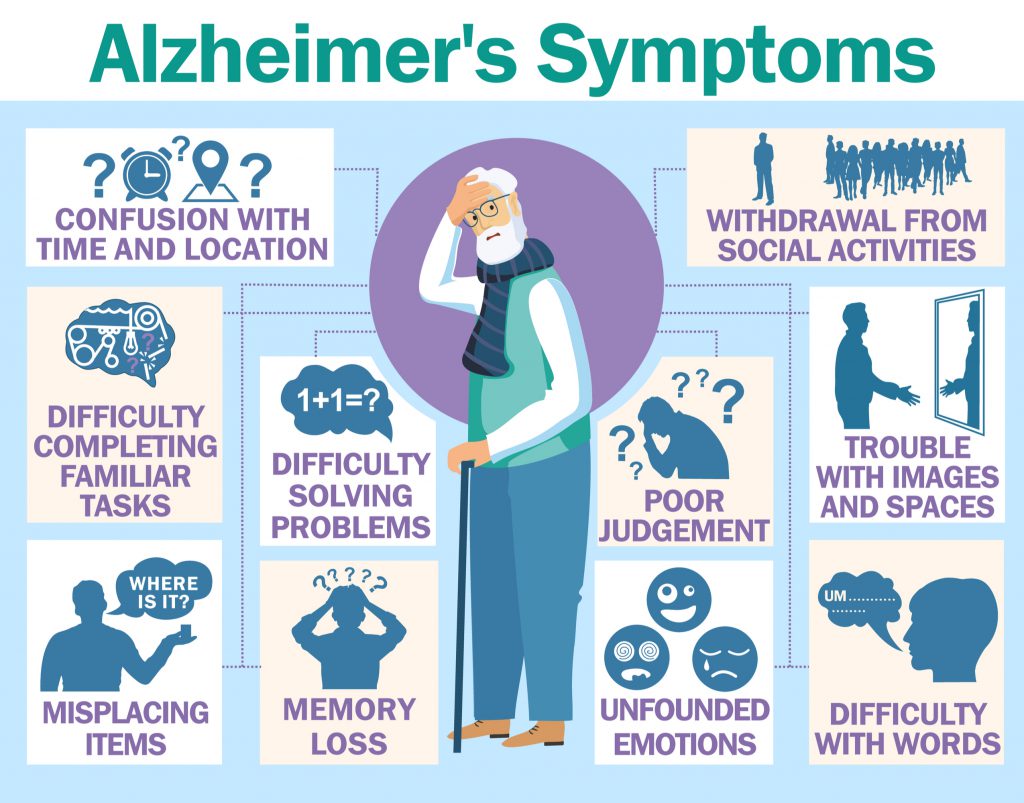The Benefits of Homecare for Seniors: Maintaining Independence and Quality of Life
Are you looking for ways to ensure that your elderly loved one is looked after? One of the best options is homecare. It has a range of benefits, not only does it keep your loved one safe but it also enables them to remain comfortable and independent in their own homes. It allows for personalised care from trained caregivers while ensuring a good quality of life. Homecare for seniors is important as care itself is an inevitable part of aging. Here are some key benefits on how homecare for seniors helps to maintain independence and a better quality of life.
A poll carried out by Amárach Research found that 85% of people wanted to be cared for in their home.
Maintaining Independence
One of the key benefits of homecare for your loved one is that it allows them to maintain their independence, which is extremely important in life for everyone. When this sense of independence is provided, they are able to live with dignity in their own homes. They are then safe in the knowledge that they will receive the best possible care. Aging can bring with it various health challenges such as mobility issues, and other conditions that can make it difficult for your loved one to live on their own. However, with homecare, your loved one can receive the support they need while still living independently. In fact, evidence has shown that people are happier and live longer within their own homes.
Here are some ways homecare can help your loved one maintain their independence:
Personal care: Support bathing, dressing and grooming.
Mobility support: Support getting in and out of bed, walking, and using a wheelchair.
Medication management: Managing their medications, ensuring they are taking their medications as prescribed.
Home safety: Making their homes safer, such as installing grab bars, modifying bathrooms, and removing tripping hazards.

Your loved one can continue to live in their own homes and carry out their daily routines with the help of a caregiver. Homecare services can also be tailored to meet the individual needs of your loved one allowing them to retain a sense of familiarity.
At Myhomecare, each client has their own needs and requirements which is why we don’t believe in a one size fits all approach. Our tailor-made homecare services and bespoke packages cover a wide range of services from basic home help, to advanced nursing care and supported hospital discharge.

Myhomecare can offer routine medical services such as vaccinations or pharmacy deliveries in the comfort of your loved one’s home. Myhomecare also works with medical practitioners and suppliers to provide a wide range of supportive solutions such as home adaptations, essential medical supplies and partnership with your primary care team.
Myhomecare’s Technology for Independence
Myhomecare’s combined approach to care and technology supports independence for all age groups. Caregivers and nurses promote the use of app technology which features reminders for appointments, low-intensity exercise programmes and medication reminders.
At Myhomecare, we believe in providing the highest quality care and support services to our clients 24/7. This is why we have partnered with Isaac Care, a world class assistive technology solution. Isaac Care supports independence by combining care and technology, including monitoring health and wellbeing, a fall alarm and a circle of care app.
Myhomecare’s Isaac Care:
Isaac Care provides a complete wraparound service, including remote health monitoring with 24/7 support, underpinned by a network of dedicated personal carers.
This allows your loved one to feel safe at home while they live independently.
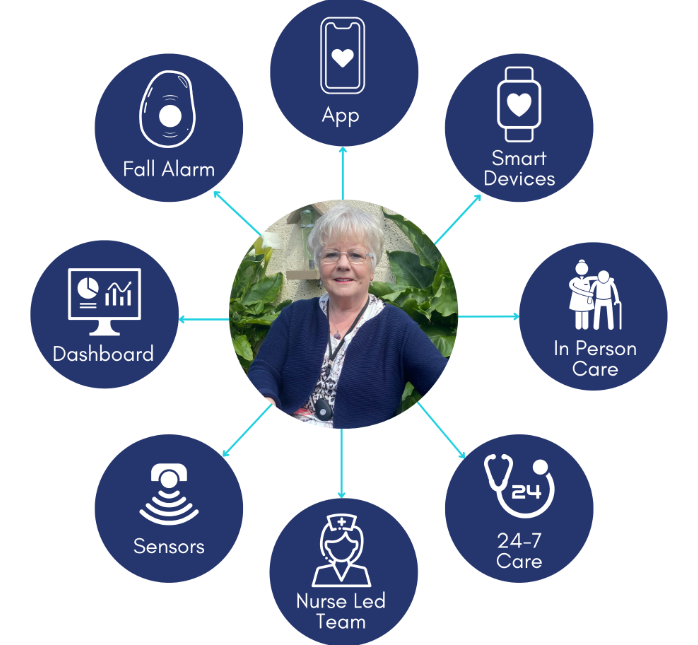
Providing independence to your loved one can have numerous benefits. It is important that they are provided with a standard of life they wish to live, growing old should not mean a lesser life. With sufficient homecare and assisted living technology, they can maintain their sense of self while having sufficient support when needed.
Demand for home care services is said to increase by 50% over the next eleven years – creating a demand for 20,000 additional jobs in the home care sector.
Quality of Life

Being able to provide your loved one with the best quality of life is something every family wishes for. When your loved one can perform tasks and carry out activities when they want, safe in the knowledge care is available to them, this greatly enhances their state of wellbeing. By providing the below, homecare can significantly help loved ones live their lives to the fullest.
Homecare tailored to the individual needs and preferences for your loved one. This helps ensure they receive the specific support they need.

Personalised Care
With homecare, your loved one can receive care in their own homes, promoting a sense of comfort and familiarity.

Comfort and Convenience
Homecare providers can assist your loved one with hobbies such as gardening, painting and playing games. Helping them maintain a sense of purpose and fulfillment.

Hobbies and Interests
As your loved one receives the support they need to manage their health conditions in their own homes, their health outcomes and overall quality of life are greatly improved.

Reduced Hospitalisations
Homecare provides your loved one with a familiar and comfortable environment, which can help reduce feelings of anxiety and loneliness. They can continue to enjoy their hobbies or can keep visiting friends and family. Homecare providers can also provide companionship, which is important for overall mental and emotional well-being. By giving families that reassurance, they are then provided with a peace of mind, knowing that their loved one is being taken care of and is safe in their own home. This takes the stress off of an otherwise worrying situation. Here is a testimonial from one of our happy clients:
Ireen gives my mother the attention she needs, her personal hygiene is especially looked after and she loves the company. Delighted with the service!
Homecare for your loved one can help to maintain their independence, improve their quality of life, provide comfort, offer tailor-made care, and provide peace of mind. If you are considering homecare for your loved one, be sure to do your research and find a reputable provider, allowing your loved one to be taken care of in the best possible way.
Get in Touch
Our dedicated team are on hand to assist you in any way.




